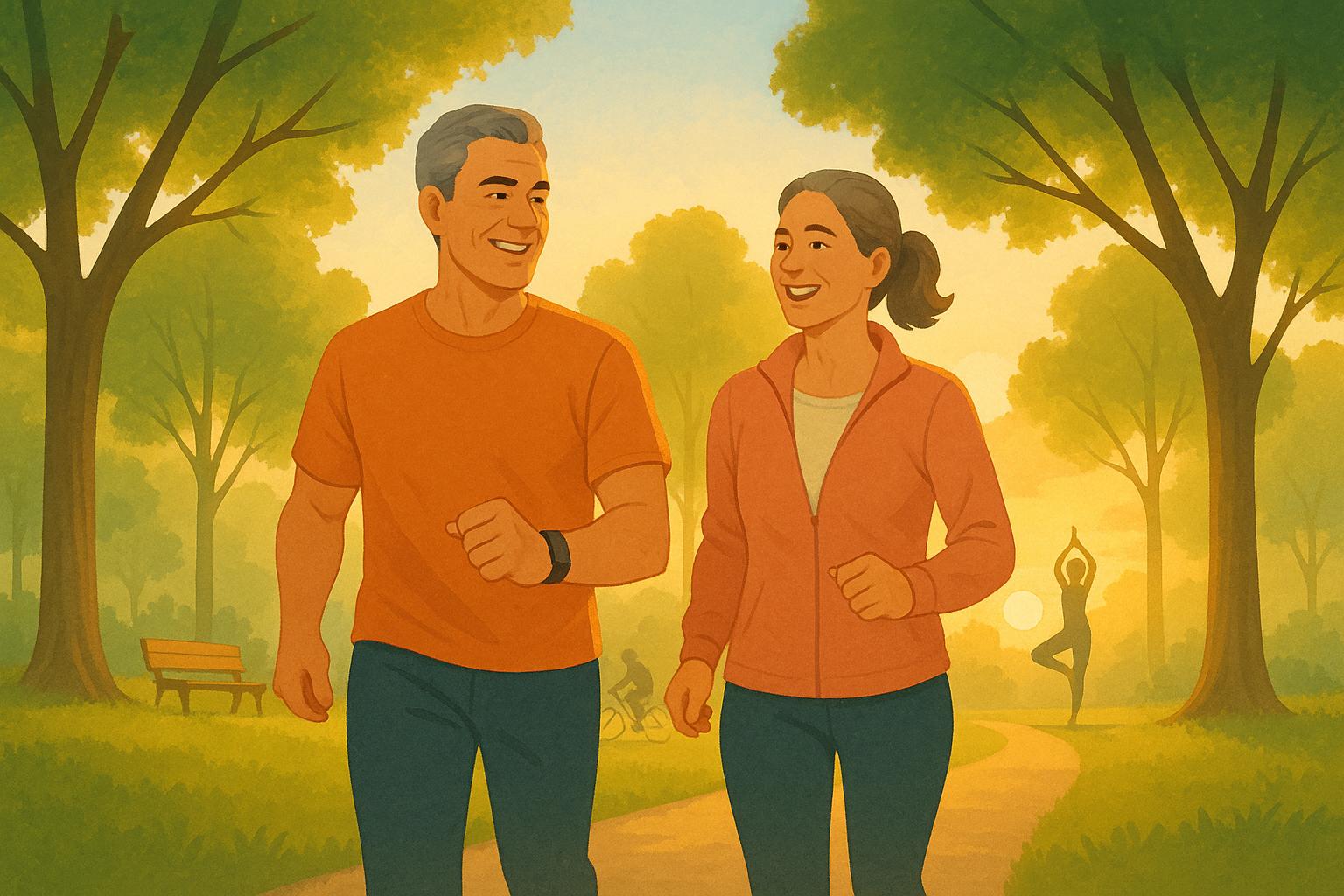If you’re experiencing unexplained dizziness or lightheadedness, it may be time to see a doctor. These symptoms can have a range of causes, but some of them are serious and can even be life-threatening, like carotid artery disease.
To find out if your symptoms are related to carotid artery disease, schedule an appointment with us at Prime Heart and Vascular. Our founder, Rishin Shah, MD, is a renowned cardiac and vascular specialist who has the experience to determine if your symptoms are related to carotid artery disease.
Read on to learn more about this condition and its signs, as well as what to do about them.
Carotid artery disease basics
Carotid artery disease is the medical term for the narrowing of the arteries. It affects your carotid arteries, the two large blood vessels that provide the front part of your brain with oxygenated blood.
This area of your brain allows you to think, talk, experience various senses, express your personality, and move about normally. If you place a finger on the side of your neck, you can feel your pulse in a carotid artery.
When these arteries become blocked, a range of problems can arise, including a stroke.
Carotid artery disease and dizziness
When oxygen-rich blood can’t flow properly to your brain, it makes sense that you might feel dizzy or lightheaded. Many people who develop carotid artery disease experience coexisting dizziness, according to research published in the journal American Family Physician.
Sometimes carotid artery disease causes no noticeable symptoms before triggering a transient ischemic attack (TIA). A TIA is a sudden and temporary loss of blood flow to a brain area that causes a range of symptoms, including:
- Sudden weakness or paralysis of one leg or side of the body
- Loss of coordination
- Confusion and an inability to concentrate
- Dizziness
- Fainting
- Temporary vision loss
- Speech difficulties, such as slurred words
When to seek medical attention for dizziness
If you experience recurrent, ongoing, sudden, or severe dizziness or lightheadedness and aren’t sure of the cause, seek medical help. You could be experiencing symptoms of carotid artery disease or another condition in need of treatment.
Seek immediate emergency care if you’re also experiencing:
- A sudden, severe headache
- Chest pain
- Confusion
- Difficulty breathing
- Numbness or paralysis in your arms, legs, or face
- Irregular heartbeat
- Double vision
- Seizures
- Slurred speech
- Ongoing vomiting
Until you see your doctor about dizziness
If you are unable to see your doctor about dizziness or lightheadedness immediately, self-care steps can help in the meantime. Move slowly whenever you stand up from a reclined or seated position. This can help avoid that head-rush sensation.
Drink plenty of water as well, which can help prevent various types of dizziness and lower your risk for a stroke. While you’re at it, avoid tobacco and caffeine, both of which can restrict blood flow, worsening lightheadedness.
To get answers to your questions about carotid artery disease, call one of our three offices or book an appointment using our online scheduler. We’d love to help in any way we can.





